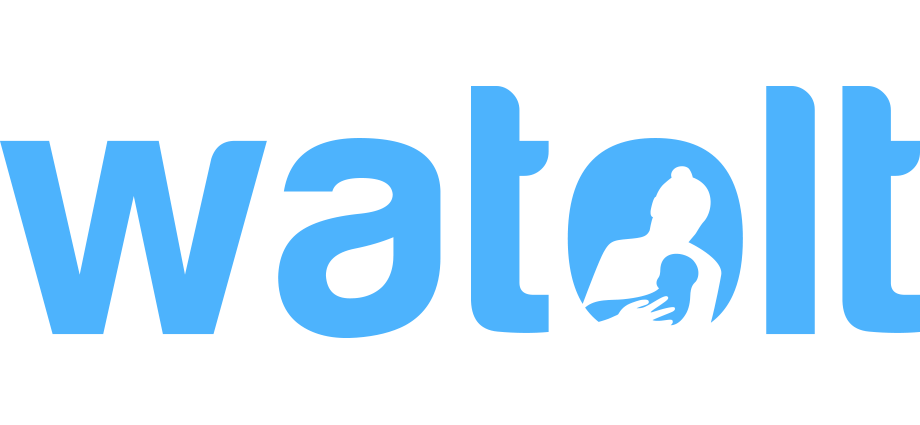May 01 , 2020
Top Tips For Safe Cleaning At Home
Babies explore the world in unique and interesting ways. Instead of simply relying on sight, curious babies prefer to touch and taste whatever holds their interest. Unfortunately, this also means that babies can often become sick due to mouthing or swallowing dirty household objects. Even though you can’t always stop your baby’s curious hands from prying and picking at new and interesting things, you can keep them safe from harmful germs and bacteria through regularly cleaning and disinfecting furniture, toys, and other common household items.
Clean First Before Disinfecting
Disinfecting is a guaranteed way to get rid of nasty germs from most surfaces. However, it might not always get rid of bacterial spores. Before disinfecting soiled objects like potty chairs and changing tables, you should first do a proper round of cleaning using water and soap or detergent. The same also applies for kitchen counters, sinks, toilets, and other places where bacteria can easily gather and multiply.
Always Keep Bath Toys Safe And Clean
Since bath toys are exposed to water every day, they can become a prime breeding ground for harmful bacteria. The longer you put off cleaning your baby’s bath toys, the more likely it is for bacteria to spread to your baby’s nose and mouth. You can clean your baby’s bath toys by soaking them in a mix of warm water and mild dish soap for several minutes, then rinsing them off with cool water. Once that’s done, simply leave them to dry outside the bathroom.
Don’t Submerge Wooden Toys
It’s not a good idea at all to simply dip and dry blocks and other wooden toys. Since wood can absorb water quite well, it can harvest a lot of harmful mold. It’s much safer to use spray bottles and microfiber cloths when using wooden toys instead.
Leave Your Shoes Outside
You never know what sticks to the soles of your sneakers or loafers every time you’re out on the town. Harmful fecal bacteria and E coli can spread all across the floor and into your baby’s mouth if you aren’t careful with your footwear. As soon as you get home, be sure to place your shoes either outdoors, or in your closet and garage. You can try wearing socks and slippers indoors for additional comfort and safe germ protection.
Don’t Forget To Regularly Clean Toys
Kids love to bring toys with them to brand new (and possibly dirty) places. A teddy bear can go from brand spanking clean to dirty and grimy when a baby drags it all across the floor. The more dirty toys your baby plays with each day, the higher their chances are of contracting serious illnesses. As much as possible, try to wipe down or clean your baby’s toys every day with some spray or a microfiber cloth. You can also try rinsing toys with warm water to kill any bacteria or germs left lingering in hidden corners.
Don’t Try To Be A Chemist
One of the most important rules when using bleach or other strong cleaning products is to avoid mixing them together. Recklessly mixing products together won’t create a super concoction that’s two or three times powerful than store-bought cleaning items. All it will do is create sludge that emits toxic and harmful gases. If you think the cleaning product you used isn’t powerful enough to get rid of stains or bacteria from an object, try rinsing it off then trying again with another cleaning agent instead.
Allow Healthy Ventilation
Bleach, ammonia, and other strong cleaning products can often emit harmful fumes. Be sure to leave some windows or doors open when using these products. Otherwise, you might end up suffocating or suffering from other serious health complications. Not allowing healthy air ventilation can also cause toxic fumes to spread in your house and reach the lungs of sensitive babies and toddlers.
Wash Your Hands Regularly
Babies aren’t the only ones who can end up with dirty hands. Parents, relatives, nannies, visitors, and other adults can also end up with bacteria-ridden hands after cooking or cleaning. Every time you need to touch raw poultry, change a diaper, get down and dirty in the garden, or do other daily activities, you should always make sure to wash your hands with plenty of soap and water. Remember to wash your hands for at least 20 seconds too!
Change And Clean Sheets Frequently
Crib sheets and blankets can gather all drool, leaks, germs, bacteria, and all sorts of unpleasant substances. If your baby has had any “accidents” in their cribs, do change their sheets right away instead of leaving them as is. When washing sheets, use warm or hot water to kill nasty bacteria and germs. Even though changing sheets on the regular can be exhausting, it still beats having to bring your baby to the hospital or doctor’s office.
Handle Trash Safely
You never know when your curious toddler might end up picking things like used razor blades and fruit peels from the trash. Before throwing sharp or spoiled objects away, make sure that they’re covered and not easily opened by prying hands. Of course, you should also practice safe disposal procedures when throwing away used batteries, electronics, and other potentially harmful household items.





